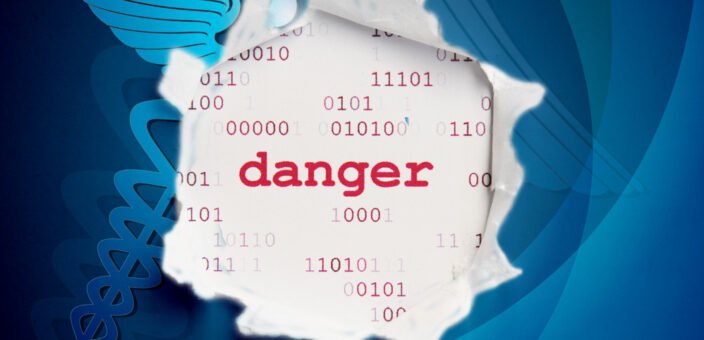The Irish Health Service Executive (HSE) faced a serious and significant cyberattack in early May. On Thursday, 13 May, the attack caused Ireland’s health system to be paralyzed for a week. As a result, the hackers cut off the HSE’s access to patient records, delayed Covid-19 testing and forced cancellations of medical appointments. The HSE is the publicly funded healthcare system in the Republic of Ireland. Approximately fifty per cent of the Irish population access healthcare through their services. Currently, the remainder of the population purchases private health insurance in Ireland to bypass the public health care option.
How did the HSE cyberattack happen?
Arguably, many people are asking, “how did the HSE cyberattack actually happen?” The individuals behind the attack used ransomware to hold HSE data hostage. Ransomware is malware that encrypts the victim’s data until they pay a ransom.
Investigators believe that a tool called Cobalt Strike Beacon was found on the HSE’s IT system. This enabled the attackers to access the computer network and begin the cyberattack. Following this, the attackers unleashed ransomware, known as Conti, within the system. The information that they could be holding ransom includes a variety of private patient data.
Due to this, the HSE shut down its IT systems. This had disruptive effects on hospitals and other HSE services, as they had no access to electronic health records.
Who is behind the cyberattack?
The CEO of the HSE, Paul Reid, described the attack as “sophisticated” and “significant”. Security researchers believe that a group of cybercriminals located in eastern Europe are behind the HSE cyberattack. Wizard Spider, the organised cybercriminal group, have been targeting large corporations in the past few years. They have demanded extremely high ransoms in exchange for releasing the data back to the victims. “Some of the high profile attacks on critical infrastructure in Europe and North America in recent times have been carried out by organised crime syndicates coming out of eastern Europe and Russia,” said the CEO of Smarttech247, Ronan Murphy.
In a screenshot posted online, the attackers contacted the HSE and threatened to publish the stolen data online. They claim to have over 700GB of patient’s and employee’s personal data, including home addresses, personal documents and phone numbers.
When will the cyberattack end?
The cybercriminals have reportedly demanded a ransom of $20 million in Bitcoin. However, Taoiseach Micheál Martin has insisted that Ireland will not be paying any ransom to the hackers. “This is something that has to be dealt with in a methodical way. The system has been shut down. There’s an assessment underway, identification of the issues and other processes,” said Mr Martin. Currently, the government is continuing to work with cybersecurity experts and are following their advice.
Unfortunately, the cyberattack is continuing to cause delays at some hospitals across the country. IT experts are working around the clock and are making steady progress in restoring IT systems in hospitals and health service sites. Officials have been unable to give a set date as to when the cyberattack will end. HSE services can expect to experience additional significant impacts and disruptions over the coming weeks.
How the cyberattack affects you
Following the cyberattack, the HSE has released a statement regarding how the criminal attack will affect you. The attack may affect your access to regular health services in Ireland. Furthermore, the attackers may have accessed your personal and medical information. The HSE is working to uncover exactly what information the hackers stole that could be potentially used in a leak.
Many hospitals are experiencing delays in GP referrals for cancer services. IT experts have still been unable to list radiotherapy services as restored. Other areas, such as maternity and infant care, radiology and patient administration systems remain challenged. Some patients are turning to private health insurance in Ireland in the hope of accessing services quicker.
Should I get private health insurance in Ireland instead?
The additional limitations of the public health system in Ireland have increased the challenges patients are facing. Approximately half of the population has recognised the need for having private health insurance in Ireland to overcome these challenges. Individuals with private health insurance in Ireland can have access to additional consultants and hospitals. Private health insurance also allows patients to avoid long waiting lists.
Nobody knows when the current cyberattack on Ireland’s public health system will end. Private health insurance may be an option for you to overcome the challenges and uncertainties. With only a few details, you can get a quote in 30 seconds and find health insurance in Ireland that is right for you.





No Comment